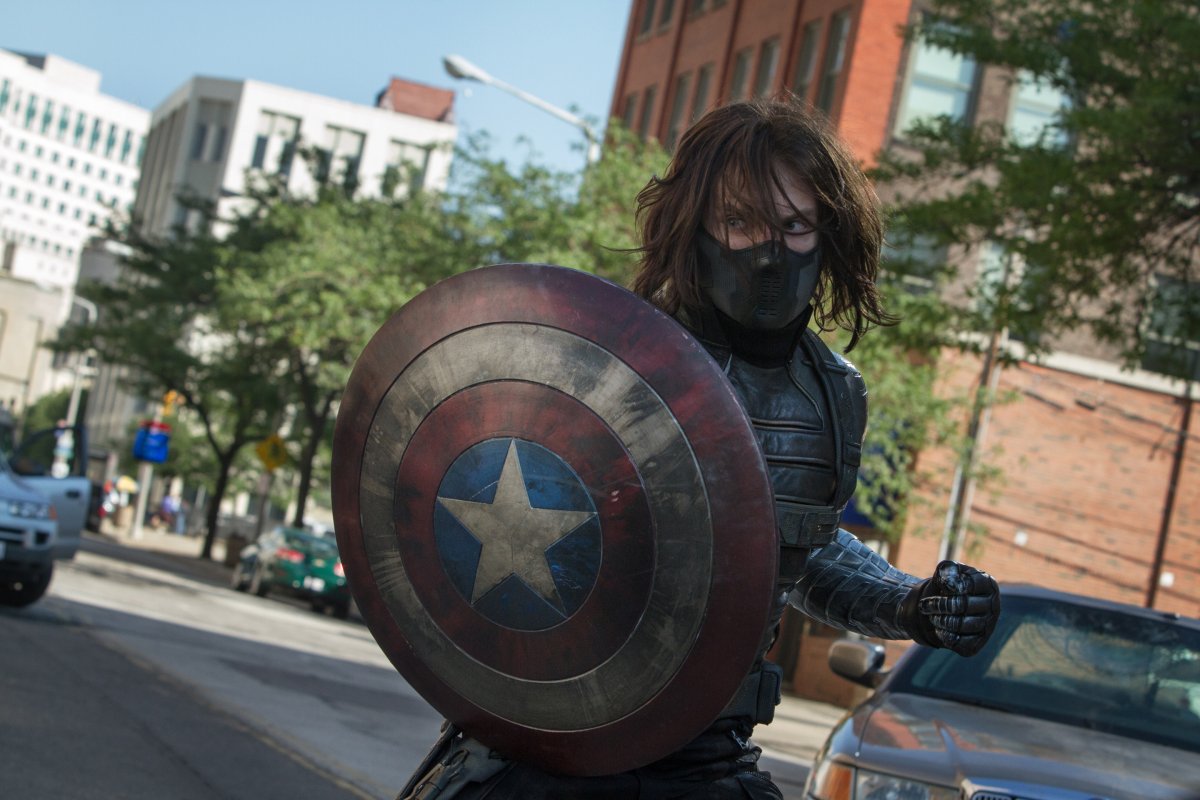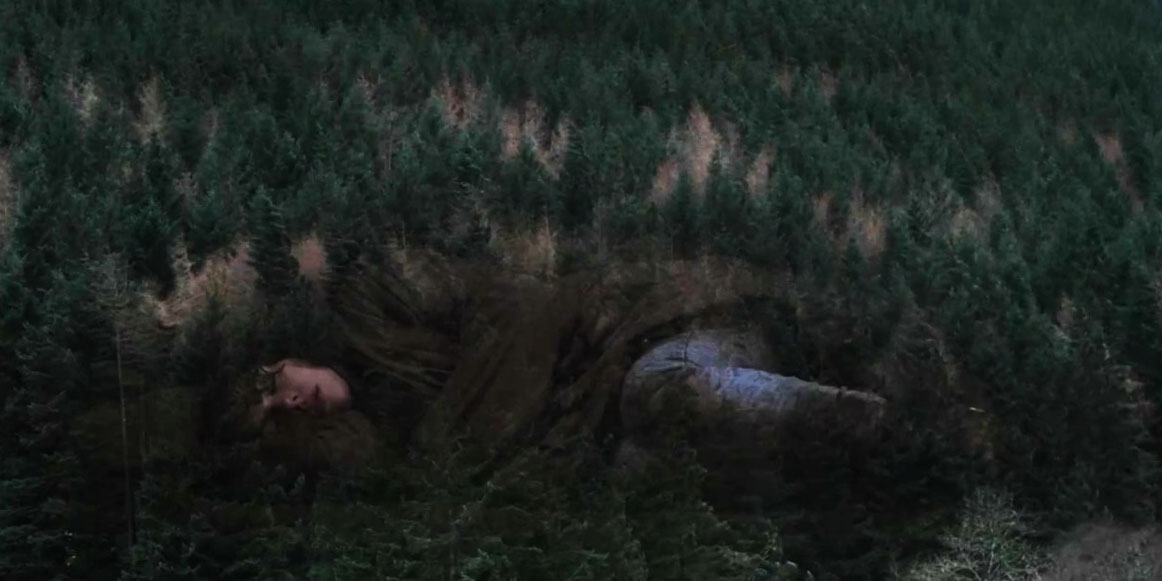Well folks, it’s once again report
card day! Everyone’s favorite day of the
year! Since the reception to this idea last year was fairly positive, I decided to once again pick up my big red
grading marker to offer out points to the best and worst that the studios gave big, multi-figure budgets to in order to coax more pennies out of our pockets than ever
before (that said, actually, does anyone still use pennies?).
It should be noted that, this time,
I am playing a bit loose with the definition of “summer,” which I am
comfortable doing because the studios are doing it too. By “summer blockbuster” I am not referring to
anything that happened to come out between June 1 and August 31. I will instead look at any major action film that is set within a real-world, sci-fi, fantasy, or any other kind of world and that was backed by a major studio that has come out this year, even if it was released
before what officially counts as “summer.”
It will also be noted that these
grades are not the same as the ratings I gave some of these films in my reviews
(links to those that I did review will be embedded in the titles). I am not ranking these from overall “best” to
“worst” film. It is my own subjective
judgment as to how well (or how poorly) each of these movies worked
specifically as a piece of diverting, blockbuster-y, action-y
entertainment. Complaints are welcome in
the comments section. And will likely be
ignored.
Oh, and spoiler alert. Just in case.
The Lego Movie: A+
Now, I know what you’re thinking;
Noah, you’re nuts including a movie that came out in February in a list of supposedly
“summer blockbusters!” To which I reply,
“Perhaps. But you’d be nuts to expect me
not to.” And the reason for that is
simple- there was no release this year that succeeded as brilliantly in successfully
encompassing all the elements of a good summer romp; not only did it have exciting,
well-choreographed, and VISIBLE action scenes and hilarious and witty writing
featuring quote/meme-generating dialogue, but it also managed to even wrench in
what was effectively a philosophical deconstruction of its own existence. The Lego Movie is not just the best summer
blockbuster of the year. It’s one of the
best films of the year, period. So far,
at least.
Edge of Tomorrow: A-
Functioning basically as a sci-fi
version of Groundhog Day, wherein Tom
Cruise gets stuck in a time loop fighting aliens threatening to destroy the
world, this film managed to utilize its time-jumping plot gimmick to very
impressive effect. It is incredibly hard
to find so many different ways of visually showing what are technically the
same scenes over and over again without getting stiflingly repetitive, but this
one pulls it off, even if it sort of gives up and takes a cheap way out towards
the very end. Plus, it features a plethora
of hilariously inept Tom Cruise deaths for all you out there who still hate his
guts. Seriously, I know plenty of Cruise-haters
probably passed this one up on sight, but trust me- in a strange, twisted way,
this is actually the perfect film for you.
Captain America:
The Winter Soldier (review)- A-
I had some issues with this one- the
fact that the actual Winter Soldier was a sideshow in the end, and that the
third act had really nothing to distinguish itself from any of the other third
acts we’ve had thus far. On the other
hand, I loved every scene with Anthony Mackie, I loved having a plot that was
actually pretty fun to follow along with, and I loved Robert Redford being
possibly the first interesting villain we’ve had in this series that can stand
alongside Loki. And yeah, I am inclined
to agree, it’s the best of the Avengers
series thus far.
Transformers 4:
Age of Extinction- Nope
Nope.
How To Train
Your Dragon 2 (review): A-
It’s not perfect in the story
department, I realize that; Astrid and Valka are criminally underused, especially
in the big third-act bonanza. But holy
cow, does it take no precautions with its fierce visual audacity. Let’s ignore for a second that the CGI is as
detailed and realistic as anything we’ve yet seen from a major studio, Pixar
included; what also makes this film such a visual wonder to behold is its palette. As a certain dog used to say, “The colors
Duke, the colors!” I saw this film 3
times in theaters, once in 3D, and it was worth every penny to be able to let
the vibrant visual designs sink in. Oh
yeah, and the actual movie was a pretty damn good trip too.
The Guardians of
the Galaxy (review): B+
I realize many of you are going to
be shocked by this, but yes, ‘tis true- I don’t think Guardians was the “best”
of the summer crop this year. Oh I
laughed! Quite a lot! In fact, if I were ranking the summer films
in order of how funny they were, I most likely would have tied this with The Lego
Movie as one of the year’s funniest.
However, in terms of being a summer blockbuster, there is more needed than
just the ability to split sides. And
this movie, while delivering heaploads of character and self-aware humor, doesn’t
go quite as far as The Winter Soldier
did in terms of delivering a narrative or action beats that in any way
distinguish themselves from what’s come before.
Not that I didn’t enjoy the action too, but with the exception of the
admittedly brilliant ploy used to beat the villain, let’s be honest- other
films have already been there and done that.
X-Men: Days of
Future Passed (review)- B
A few story inconsistencies aside, I
heartily enjoyed this nostalgic throwback to the days of the early Singer works
in this franchise (I almost wrote “glory” before “days,” but my common sense
stopped me in time). The mixing together
of the different casts was handled well, and despite J-Low’s least efforts,
most of the cast seemed to be having a good enough time to allow us to have fun
too. I expected to have fun and feel like a teenager again, and that's what I got. Color me interested to see where
they go from here.
TMNT: Nope
See Transformers 4 above.
Spiderman
2: HAHAHAHAhahahahaha no.
Seriously, no.
Lucy (review): B
At first glance, this may seem like
the outlier in the group, being a European production unconnected to the
American studio system. Also, it is one of
only two films in this post featuring a female protagonist. Plus, there’s the fact that it is really more
of a trashy concept film than a sleek, high-budget blockbuster (it only had a
budget of 40 million). However, it came
out during the actual summer months, topped the box office in its opening
weekend, and is officially classified as a “sci-fi action movie.” So it counts.
Even if its themes and execution of
its twisted story are sometimes a bit muddled (and simultaneously lacking any
kind of subtlety), this is still an interesting time at the movies. I appreciated the visual cutaways offering a
bit of variety to the film’s imagery, it is undeniably enjoyable to see
Johansson literally levitating the bad guys with her mind, and I appreciate the
fact that the film at least tries to get its audience to take some big
questions seriously. Even though I doubt
many of the people who saw it got the message.
Maleficent: B-
I began to lose patience with this
one in its literally leather-clad third act, which featured a frustratingly
thin attempt to posthumously ape Frozen's thunder with yet another
True Love’s Kiss Fakeout. Sleeping
Beauty herself is also little more than a walking, talking plot device, and
while I get how they wanted the fairies to come across as funny, um….yeah, I
wasn’t really chuckling a whole lot.
However, and this is the first and last reason I think this is a film
worth seeing by anyone and everyone, Angelina Jolie kills as Maleficent. She absolutely kills. Her choice to use rape as a metaphor for the
scene where she loses her wings is inspired, because it sets the tone for the
rest of the film and makes it hard to turn the film off until it’s over. Few other summer flicks had a comparable
moment this year.
(FYI, I know the above is unusual for being a still- I just love that 5-second bit)
Godzilla
(review): C+
And, finally, we come to the least
of the summer fare of 2014. At least, of
the ones I saw, and I shudder to think what depths await me below this
one. Not that I didn’t have fun with
this one either. The scenes actually
featuring the monsters were dully impressive, with the last battle being
particularly awe-inspiring. The problems
are in the all-too-long in-between scenes, where we are forced to spend our
time with boring, boring, BORING human characters played by people who seemed
to know quite well they were being given nothing to work with. Which meant that audiences were left with
little choice other than to tune out for most of the film.
And that’s it! That’s all for the summer action fare of
2014! True, we will still have the next Hunger Games installment and the last of
the Hobbit movies, which I will
review for this site, so the action is not all over for year. But the months with nothing but action movies
as the kind of stuff we can look forward to?
Gone. Thankfully, mercifully
gone.
-Noah
Franc











